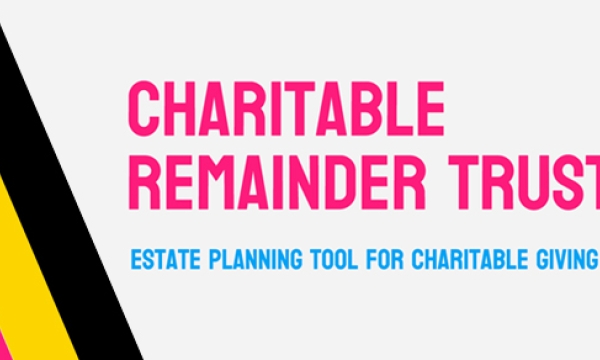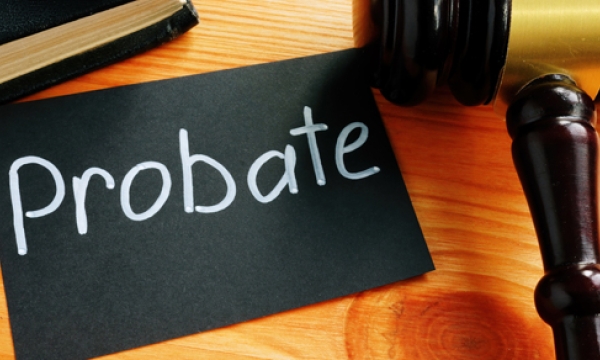Recent News & Blog / Estate Planning
In your own words: A letter of instruction complements a will
A smart estate plan should leave no doubt as to your intentions. Writing a letter of instruction can go a long way toward clearly communicating all of your thoughts and wishes.
Higher interest rates spark interest in charitable remainder trusts
If you wish to leave a charitable legacy while generating income during your lifetime, a charitable remainder trust (CRT) may be a viable solution. The trust pays you income for life or for a term of up to 20 years, then distributes the remaining assets to one or more charities. Contact the CPA's and business tax advisors at SEK for help in establishing your CRT or for more financial advice and tax tips.
Consider providing your beneficiaries with the power to remove a trustee
To ensure that a trust operates as intended, it’s critical to appoint a trustee that you can count on to carry out your wishes.
Owning assets jointly with a child may not be the right estate planning strategy
There’s a common misconception that owning assets jointly with a child or other heir is an effective estate planning shortcut. While this strategy has a certain appeal, it can invite a variety of unwelcome consequences that may quickly outweigh any potential benefits.
Have you coordinated your payable-on-death accounts with your estate plan?
Payable-on-death (POD) accounts can provide a quick, simple and inexpensive way to transfer assets outside of probate. They can be used for bank accounts, certificates of deposit and even brokerage accounts.
An art collection is a special asset to account for in an estate plan
Some assets pose more of a challenge than others when it comes to valuing and accounting for them in an estate plan. Take, for instance, an art collection. If you possess paintings, sculptures or other pieces of art, they may represent a significant portion of your estate.
Avoiding probate: How to do it (and why)
Few estate planning subjects are as misunderstood as probate. But circumventing the probate process is usually a good idea, and several tools are available to help you do just that.
Did your spouse’s estate make a portability election? If not, there may still be time
Portability helps minimize federal gift and estate tax by allowing a surviving spouse to use a deceased spouse’s unused gift and estate tax exemption amount. Currently, the exemption is $12.92 million, but it’s scheduled to return to an inflation-adjusted $5 million on January 1, 2026.
Life insurance can be a powerful estate planning tool for nontaxable estates
For years, life insurance has played a critical role in estate planning, providing a source of liquidity to pay estate taxes and other expenses.
To avoid confusion after your death, have only an original, signed will
The need for a will as a key component of your estate plan may seem obvious, but you’d be surprised by the number of people — even affluent individuals — who don’t have one.









